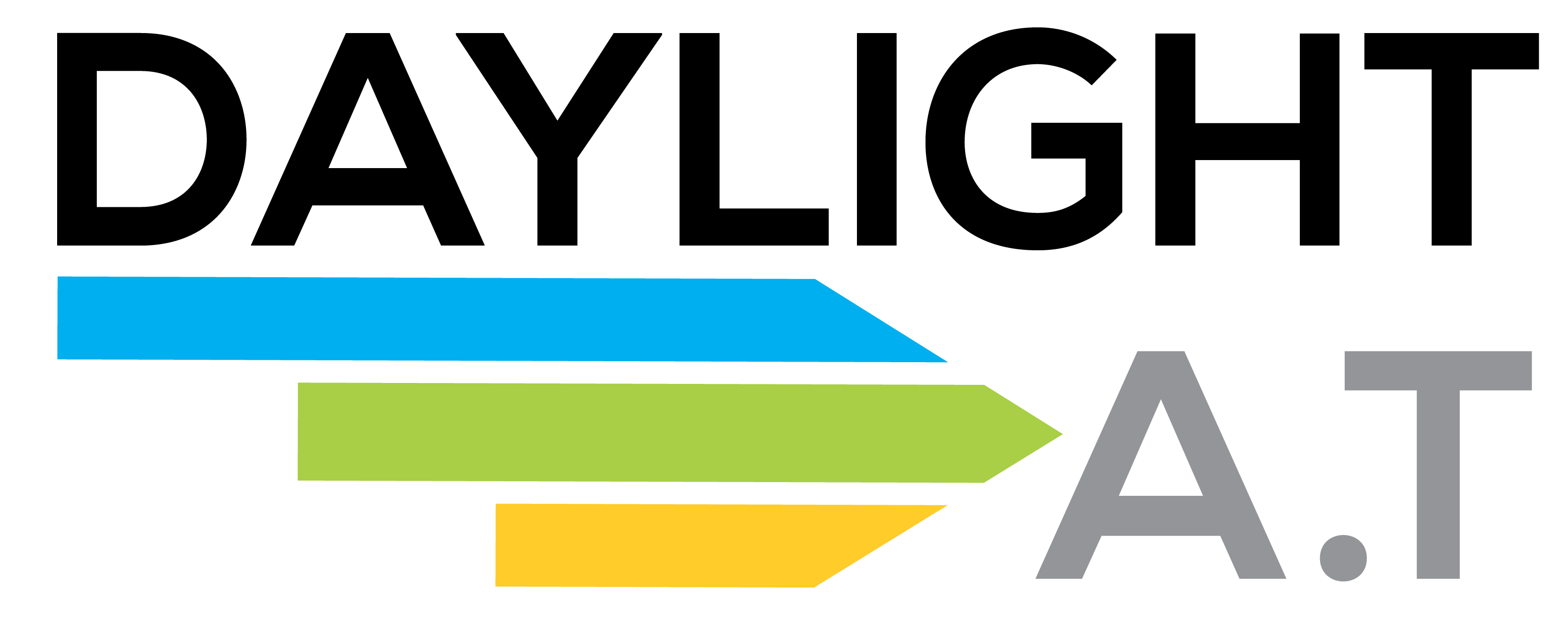It goes without saying that winning – and retaining – great customers is a vital part of running a great business.
Equally important, however, yet perhaps not as much talked about, is the importance of building excellent relationships with your suppliers.
Suppliers who value your custom will bend over backwards to keep you happy and ensure the relationship remains profitable for both parties. They know that it costs them less to retain a good customer than it does to pursue and win new business.
The key word here is ‘good’ customer – one that shares their commitment to the relationship and, crucially, pays its invoices on time.
With the best will in the world, even when we commit to being good customers, glitches in our administration processes can hinder that objective. Misplacing or misfiling a paper document or even just spilling coffee on the crucial detail on your only copy of an invoice or purchase order (PO), for example, can lead to delays in paying a supplier. Unreadable handwritten POs can also cause problems as they lead to time-consuming internal queries that delay payment through no fault of the supplier’s own.
Of course, a one-off blip is not going to ruin a beautiful relationship. But a system that allows it to happen leaves open the possibility of it happening again and that, in turn, will set your suppliers’ alarm bells ringing. An outsourced automated accounts payable process, on the other hand, allows you to put your suppliers’ minds at rest and demonstrate that you have minimised the risk of impediments to timely payments.
There are other benefits to this, too. Outsourcing lets your business grow and handle increasing volumes of invoices without the need to increase your staff. In fact, it will almost certainly reduce your costs. Companies using AP automation are saving up to 70% of the cost of processing payments to their suppliers manually (API Outsourcing). And there are also opportunities to take advantage of early payment discounts which, over a 12-month period, could make a significant contribution to your bottom line (AIIM, 2014).
So, in other words, everyone wins.


